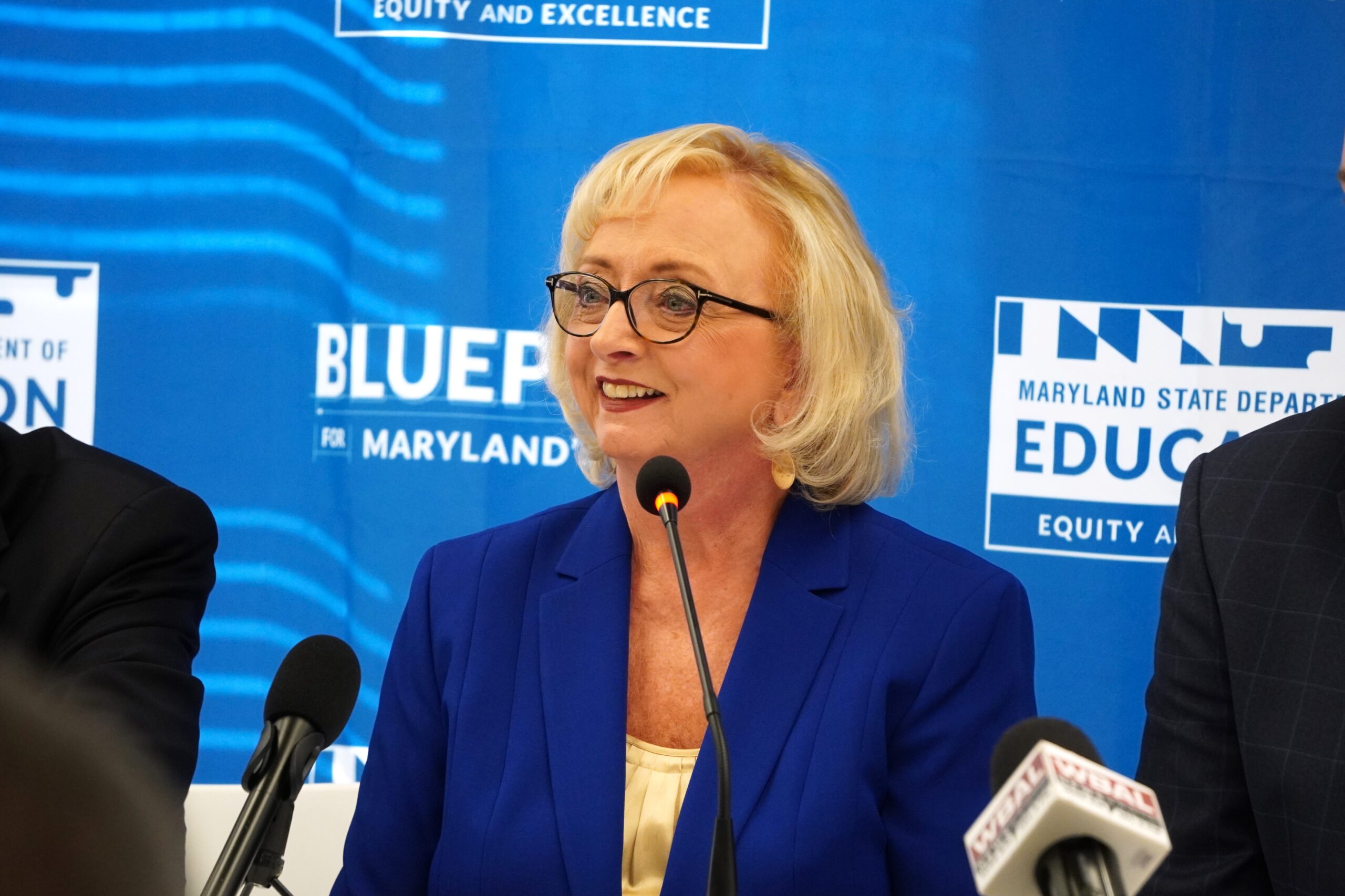Opinion: Smartly managed public data will accelerate U.S. leadership in science and innovation

By Dr. Ahu Yildirmaz
The writer is CEO of the Coleridge Initiative, a nonprofit organization, originally established at New York University, that works with governments to ensure that data are more effectively used for public decision-making.
I would be hard-pressed to find another time in our shared history when facts and the science behind those facts have been more critical to public policy making. The bipartisan CHIPS and Science Act of 2022 that became law this summer is remarkable in its scale of investment into public policy and, likewise, offers an ideal environment to demonstrate how successful data-driven decisions can be made.
First, let’s be clear: public data exists for the public good. Data is a precious commodity that is agnostic to ideology, drives evidence-based conclusions, and is limitless in its application. Here at the Coleridge Initiative, we know that better data means better public policy. Our team of data scientists and economists focus on the opportunity for insight and learning that stems from leveraging data — often by integrating data from different states or federal agencies through our secured data enclave, applied data analytics training, and state-specific data products. This platform allows us to inform any public policy discussion by extracting the information required to make the best decisions.
A key part of the CHIPS and Science Act is the investment of billions into regional technology hubs across America. These hubs will blend the efforts of state and local governments, businesses, unions, colleges, and community-based groups into powerhouse regional partnerships focused on creating the new jobs and industries of the future. All these disparate communities have accumulated huge amounts of data in their own silos. We can unlock greater value from those data when we can integrate them into a secure, accessible, and useful platform.
It is in this area that Coleridge is working, in partnership with the University of Maryland and other research universities.
Here is another way to think of a linked data platform. Imagine two cities separated by a river. One city has jobs to fill, but no population. The other city has plenty of people, but not enough jobs. Building a bridge over the river links the cities — their workforces, industries and commerce — forming a broader economy of greater value and prosperity.
Consider a linked data platform as that bridge, gathering and stewarding labor and education data from multiple jurisdictions across geographic areas, and by integrating that data, creating higher value information products. Effective collaborative data infrastructure, like our linked data platform, offers clarity to policy makers seeking solutions to the pressing issues facing their communities and constituents.
Since its inception, the non-partisan, nonprofit Coleridge Initiative has helped create value to the taxpayer through data management. Moving forward, we will focus on the integration of research, data and training/community building. Each of these has tremendous value on its own, but integrating them through a data platform dramatically magnifies the value of secure data linkages to decision-makers. The regional hubs to be formed by the bipartisan CHIPS and Science Act are an opportunity to demonstrate how data science can drive better public outcomes.
The data scientists, researchers, and information engineers at the Coleridge Initiative know data exists for the public good. Further, we know data is the key to shaping evidence-based policy in a rapidly-changing environment. There could not be a better time than now to apply multiple-sourced data to policy efforts like the CHIPS and Science Act. Managed well, and integrating different data sets in a secure platform, data can inform public policy decisions to accelerate U.S. leadership in science and innovation.




 Creative Commons Attribution
Creative Commons Attribution